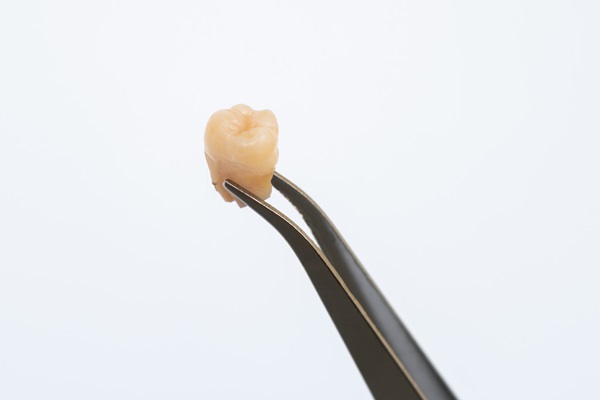Wisdom Tooth Extraction: What to Expect and How to Prepare
If your dentist has mentioned that you need to undergo a , you would probably want to learn everything that you can about the procedure. Teeth extraction is a common procedure that rarely results in complications, so do not panic. This article covers what to expect during the procedure and how to prepare.
Preparing for the procedure
Begin by asking the dentist many questions about the procedure. The dental professional will be happy to provide answers that will ease your mind. It is normal to be curious about the recovery, the risks and how long the procedure will take. Asking questions will help patients get the information they need to prepare for what is coming.
One good thing about wisdom teeth removal is that it is usually performed on an outpatient basis. This means patients can come in for the procedure and leave the same day. If general anesthesia will be used, it is advisable to plan for an adult to drive them back home after the treatment.
Also, for anesthesia, it is possible that there will be restrictions on what and when to eat ahead of the procedure. For instance, the dentist might recommend fasting from the night before the appointment, since the anesthesia might cause nausea and vomiting. The instructions need to be followed closely.
Patients need to remember that it might not be safe to use prescription drugs before the procedure, so they should ask their dentist on what to do if there is a drug that they take daily. Even if it is an over-the-counter med, the dentist still needs to know about them. If antibiotics are provided, they need to be used according to the dentist’s instructions to prevent infection.
What to expect
Not every wisdom tooth extraction is the same; some are more complicated, particularly if the tooth is infected or impacted. Typically, to extract a wisdom tooth, the oral surgeon will begin by making an incision in the gums to expose the tooth properly. Afterward, they will remove some bone to reach the tooth and take out the tooth completely.
After completing the extraction, the dental professional will clean the area, close the wound, if needed, then place a piece of gauze over the area to promote the formation of a blood clot and stop bleeding.
After the procedure
The dentist will provide instruction on the proper ways to care for the mouth after the extraction. Patients will need to keep their heads up and apply a cold compress to alleviate the swelling. The dentist will also recommend pain medications to use and rest to promote healing. It is better to avoid brushing or rinsing the mouth for at least a day after the treatment. It is advisable to stick to a diet of soft foods and liquids to avoid irritating the area.
In conclusion
It is normal to feel anxious about undergoing a wisdom tooth extraction, but following the dentist’s instructions should make the process easier. You should start to feel better within a few days after the problematic teeth are gone. To learn more about the procedure, book an appointment with the general dentist.
Request an appointment here: https://greatsmilesdental.com or call Great Smiles Dental at (209) 222-3636 for an appointment in our Modesto office.
Check out what others are saying about our dental services on Yelp: .
Related Posts
Do you think your wisdom teeth may need to be removed? Wisdom teeth extraction, whether complete or partial, is a standard procedure that comes by recommendation of a dentist. Sometimes, it could be because they were coming in crooked or placing too much strain on your jaw or neighboring teeth. If you have undergone a…
Wondering when you should see an emergency dentist? Read on to learn more. Regular dental care can prevent emergency dental treatment. Unfortunately, dental emergencies do happen unexpectedly, even if you brush and floss regularly. In such cases, it is a great idea to visit an emergency dentist immediately.Many people do not know whether their dental…
A cosmetic dentist often hears concerns about whitening discomfort and can explain why sensitivity sometimes increases during treatment. Whitening products lift stains by allowing active ingredients to move through enamel, which can temporarily irritate the tooth's inner structures. Understanding what causes sensitivity and how to reduce it helps patients pursue a brighter smile more comfortably.Whitening…
There are risks associated with sedation dentistry, although most patients do not have any adverse effects. However, learning about the potential drawbacks to sedation dentistry, as well as the benefits, can help you decide if sedation dentistry is appropriate and safe for you to utilize. The most notable risks of sedation dentistry include an allergic reaction,…
